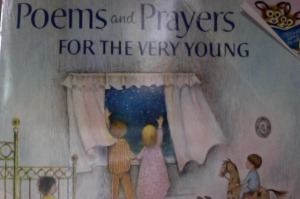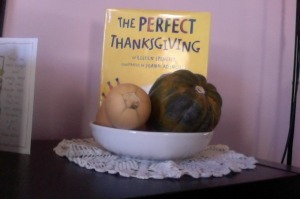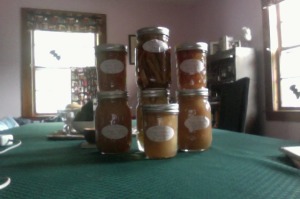God is great, God is good,
Let us thank God for this food.
Amen.
It’s the first prayer I memorized, and maybe the first one you did, too. It’s prayed in a singsong way more times than not. It’s nothing fancy, but it opens the door to a life of gratitude for all ages. I hope I never forget it. More than once, I’ve heard it said that a person can be great or a person can be good, but not both. Being great in the usual sense means fame, fortune, or some kind of accomplishment that sets a person apart. Being good often means opening doors, telling the truth, and saying prayers at night. The two don’t seem to go together very comfortably. How many times has bad behavior been tolerated by those considered great? How often is goodness mistaken for not upsetting anyone or swearing?
I think this prayer is about something else entirely: scale.
God is great, the creator of this whole universe. Such vastness is beyond my understanding.
God is good, bringing hope and communion out of even the biggest messes. Second chances are real, and each of us is a delight to God.
Thanking God for this food – God is in everything that nourishes, right down to the chemicals and calories that our bodies need. And God is in us when you and I share the essentials.
There is no scale or reality without God, and I live this truth every time I pass you the potatoes and you pour me a glass of water.



